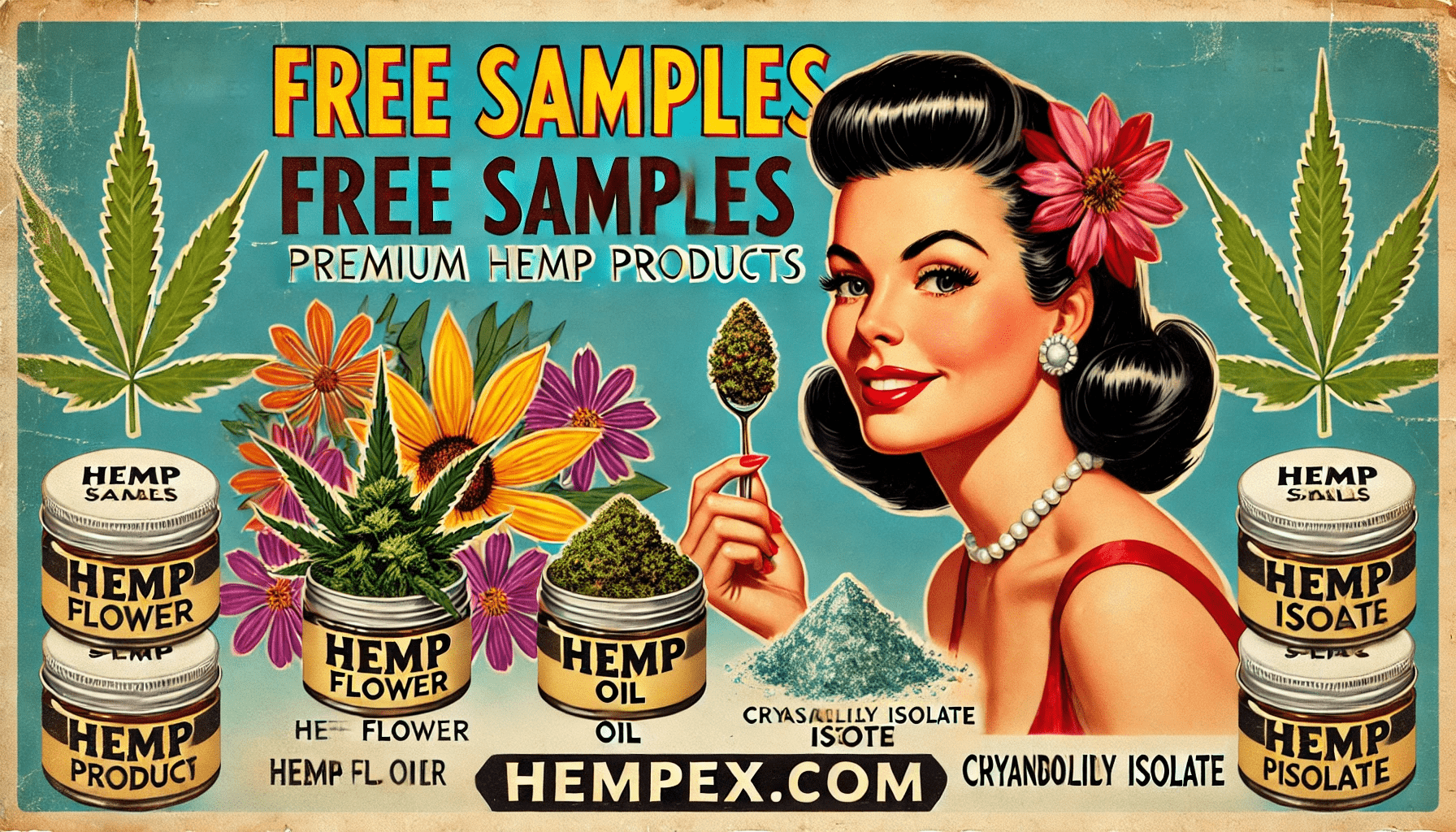Hemp Flower Legality: A Comprehensive Guide
With the passing of the 2018 Farm Bill, hemp flower became legal on a federal level in the United States, leading to a surge in hemp cultivation, production, and sales. The legality of hemp flower hinges on several crucial factors, including its THC content, testing requirements, and state-specific regulations. Although hemp is federally legalized, strict compliance with these rules is necessary to ensure that hemp businesses remain on the right side of the law.
Understanding the intricacies of hemp flower legality and ensuring that all products are compliant with both federal and state regulations is vital for growers, processors, and retailers.
Hemp Flower and the 2018 Farm Bill
The 2018 Farm Bill redefined hemp as an agricultural commodity, removing it from the list of controlled substances, provided that the hemp plant contains less than 0.3% THC (tetrahydrocannabinol). This legal threshold is key: hemp flower must adhere to the 0.3% THC limit to qualify as legal hemp under federal law. Any product exceeding this limit is classified as marijuana, which remains a controlled substance.
The bill established a legal framework for the cultivation, sale, and transport of hemp and hemp-derived products, including hemp flower. As long as the flower maintains THC levels under the limit, it can be grown, transported, and sold legally across the U.S.
The Importance of THC Testing in Hemp Flower Legality
One of the most critical aspects of ensuring hemp flower legality is THC testing. Farmers and producers are required to test their hemp plants at various stages of cultivation and production to ensure THC levels stay below the legal limit. This testing process typically involves submitting samples to third-party laboratories for analysis.
Testing isn’t only for compliance with THC limits. Comprehensive testing also helps detect potential contaminants such as heavy metals, pesticides, and microbial impurities, ensuring that the hemp flower is not only legal but also safe for consumers.
Failure to meet the required THC levels during testing can result in hefty fines, crop destruction, or seizure of products, which highlights the importance of adhering to strict testing protocols.
Legal Hemp Flower and State-Specific Regulations
Although the 2018 Farm Bill legalized hemp flower federally, each state has the authority to implement its own hemp regulations. These state-by-state rules can make the legal landscape for hemp confusing for growers, processors, and retailers, particularly for those operating across state lines.
Some states have stricter hemp regulations, including additional testing requirements, labeling standards, or prohibitions on smokable hemp flower. As a result, hemp businesses must not only comply with federal law but also ensure they are meeting the specific requirements in every state where they intend to sell their products.
Retailers selling hemp flower must also be aware of these variations to guarantee compliance, especially in states with stricter rules. It’s essential to stay up to date on changing regulations, as many states have continued to refine their hemp laws since the passage of the 2018 Farm Bill.
Why In-Process Testing is Crucial for Hemp Flower
In-process testing is a fundamental part of ensuring hemp flower remains compliant throughout its journey from cultivation to the final product. THC levels must be monitored not only during the initial stages of cultivation but also through extraction and final production.
Even hemp flower products such as pre-rolls or CBD tinctures must undergo additional THC testing to ensure that the final product still adheres to the 0.3% THC limit. This practice minimizes the risk of product seizure or destruction once the product is ready for market.
Labeling and Legal Compliance in Hemp Flower Sales
Hemp flower sold in the retail market must include proper labeling and packaging to meet state and federal requirements. This includes listing the CBD content, THC content, and providing detailed information about third-party lab results.
Not only does proper labeling keep hemp businesses compliant with the law, but it also fosters transparency with consumers. Consumers have the right to know that the hemp flower they’re purchasing meets the standards for legal hemp and has been rigorously tested for purity and THC compliance.
Hemp Flower Legality and the Retail Market
The legalization of hemp flower has led to a thriving retail market for smokable hemp flower, CBD pre-rolls, and loose flower. However, all hemp flower products must comply with the federal and state regulations governing THC levels, testing, and labeling. Businesses that adhere to these regulations can legally sell hemp flower across the U.S., although it’s always essential to remain aware of state-specific restrictions.
Conclusion: Ensuring Legal Compliance for Hemp Flower
The 2018 Farm Bill was a game-changer for the hemp industry, legalizing hemp flower across the U.S. under specific guidelines. However, compliance is crucial: maintaining THC levels below 0.3%, undergoing thorough third-party testing, and following state-specific rules are all essential steps for businesses to legally sell hemp flower.
As hemp flower continues to grow in popularity, staying up to date on both federal and state regulations ensures that your business remains compliant and successful in this ever-expanding industry.

